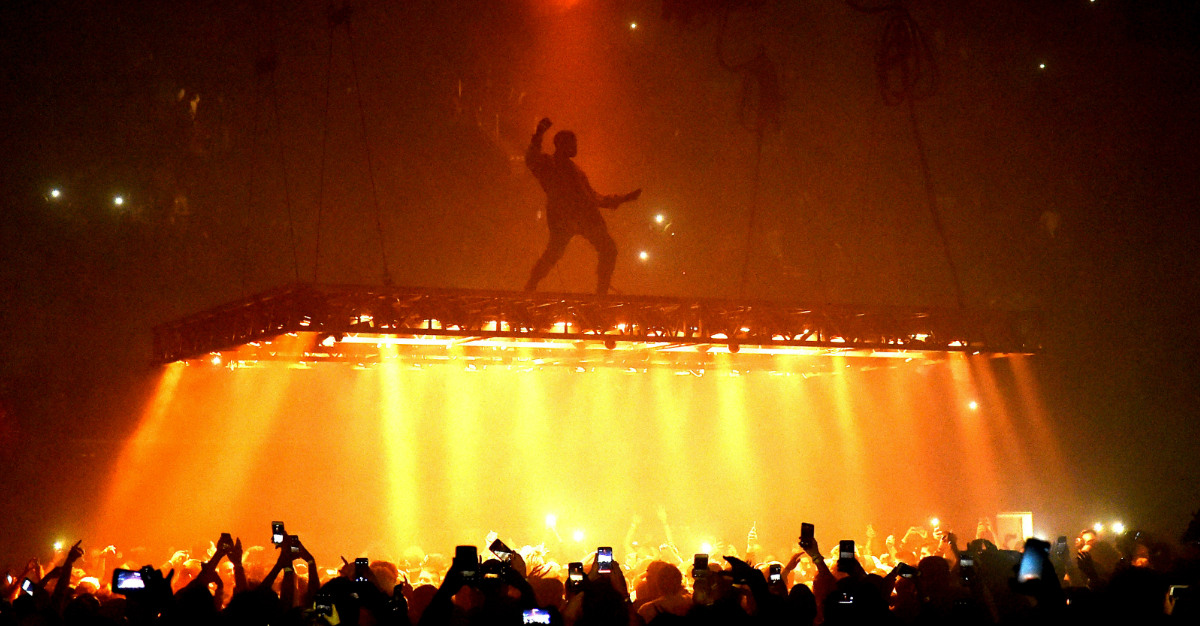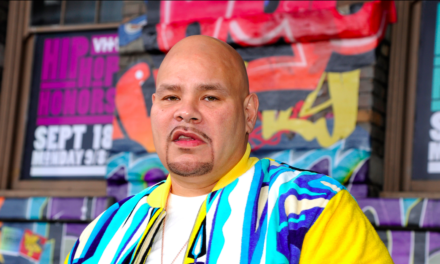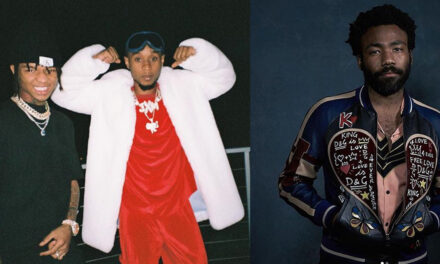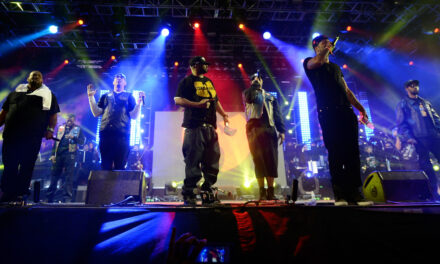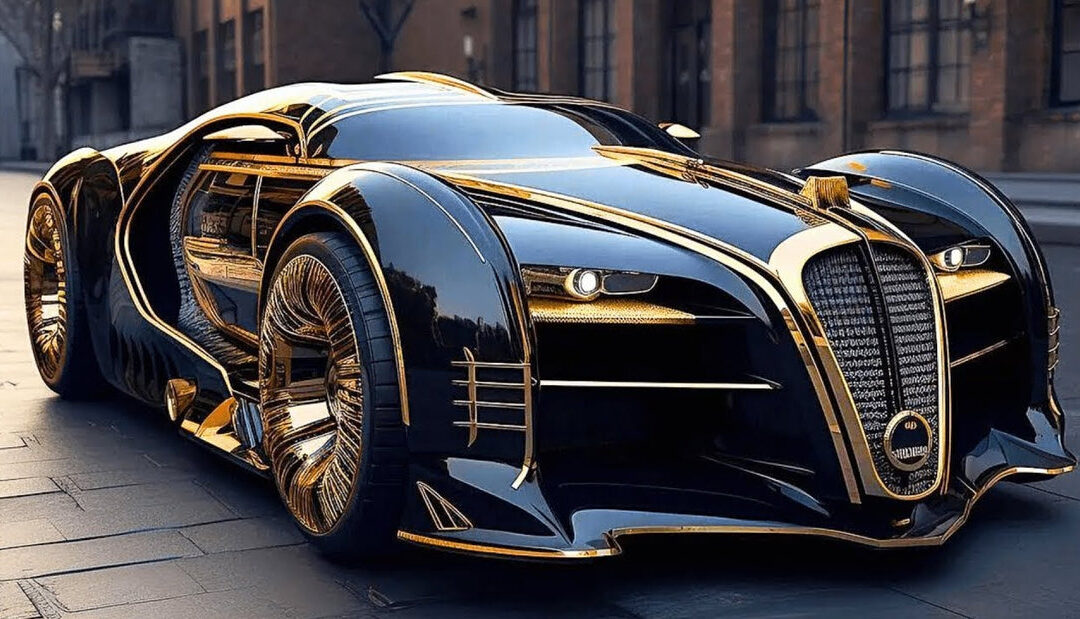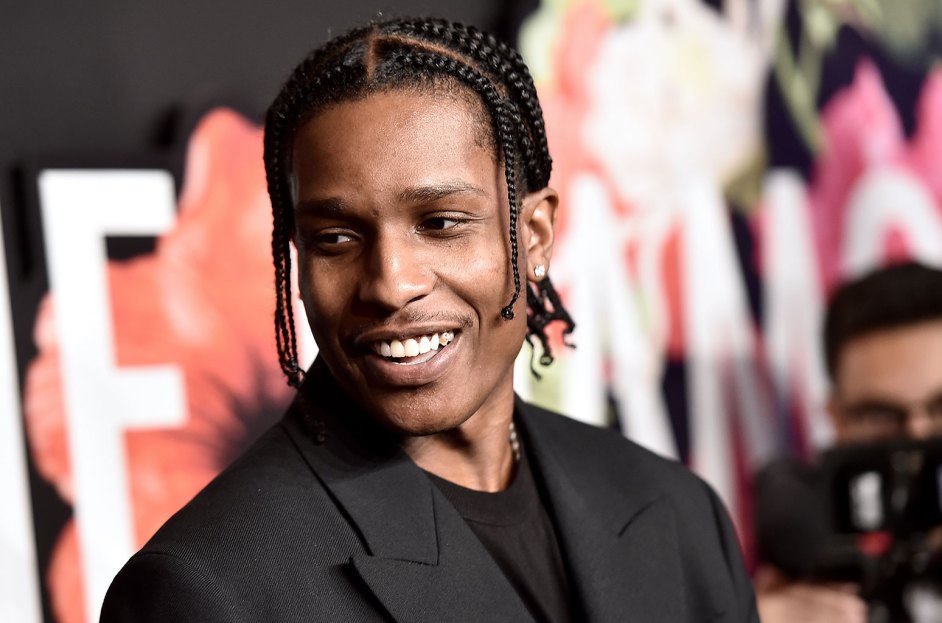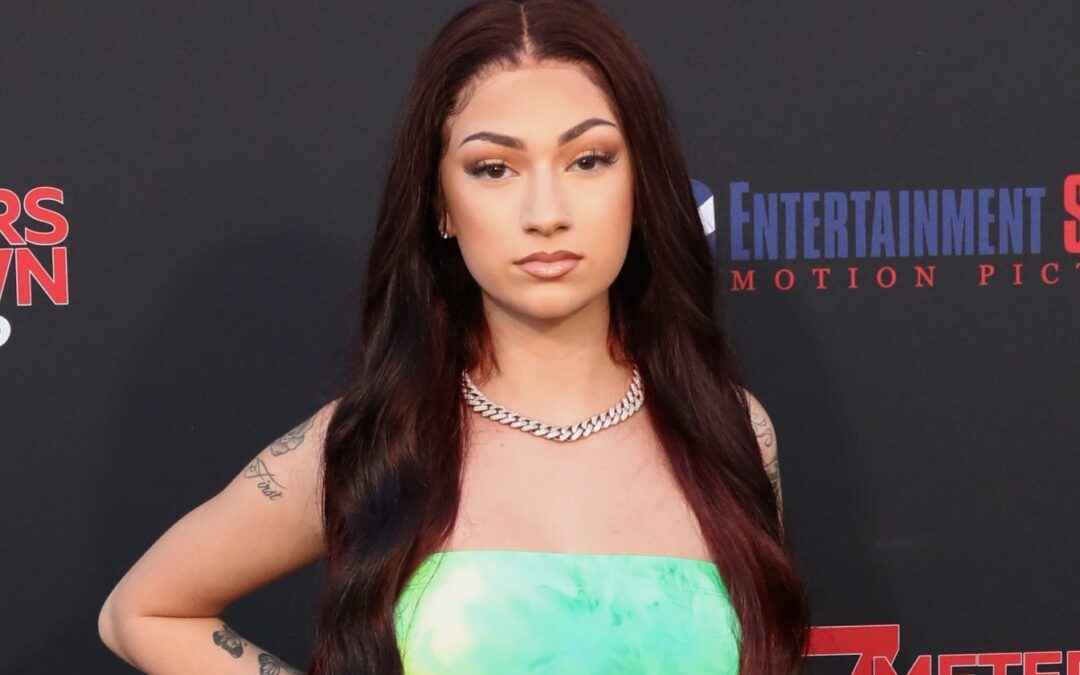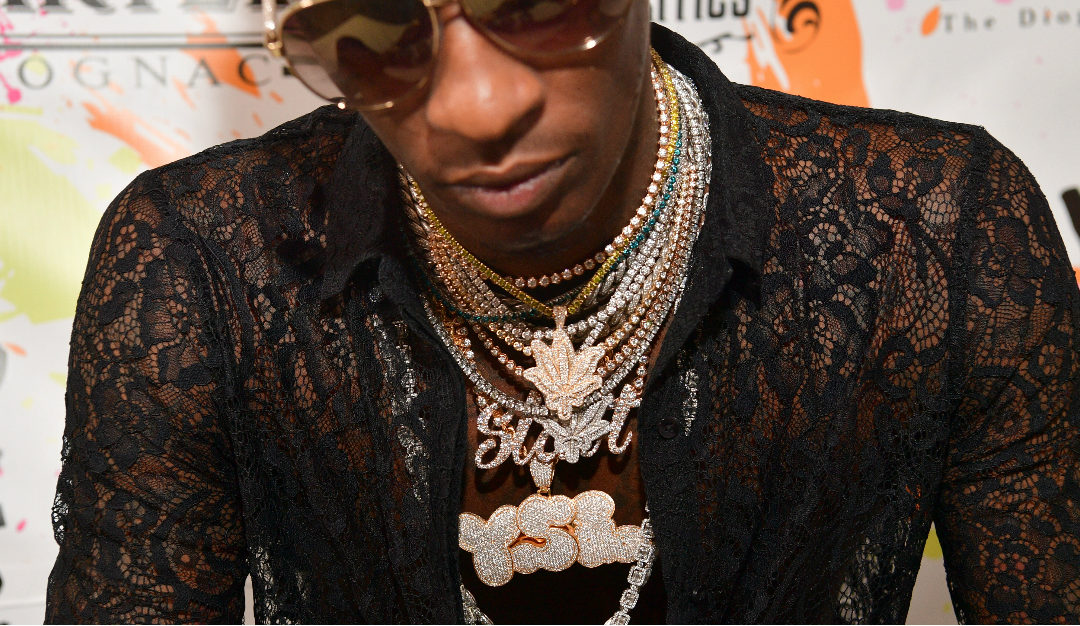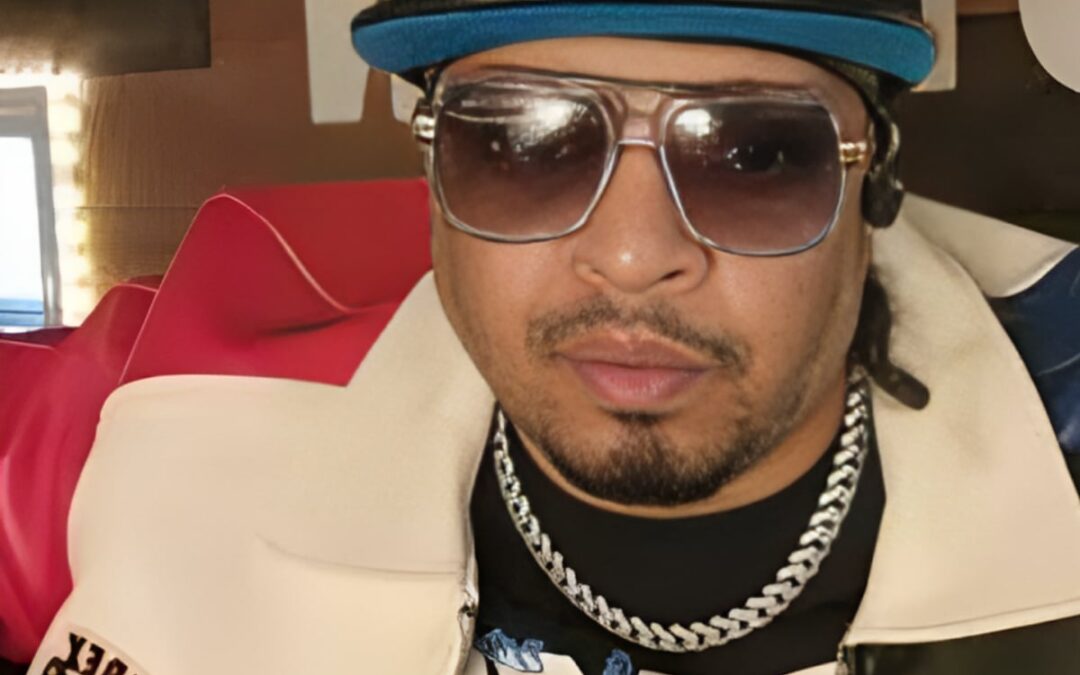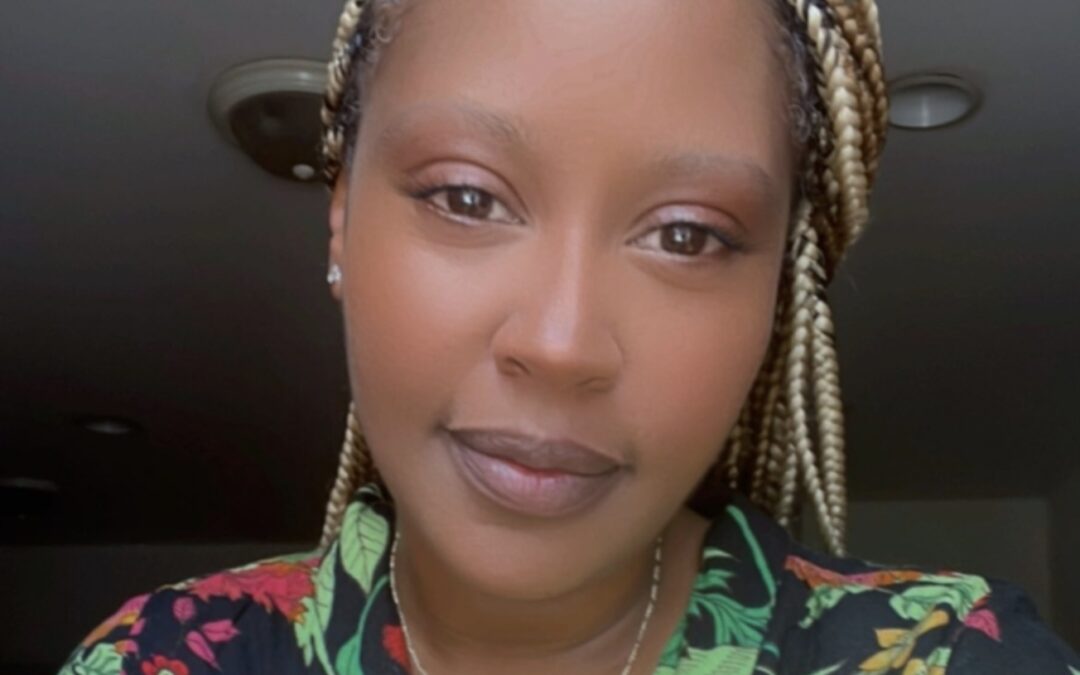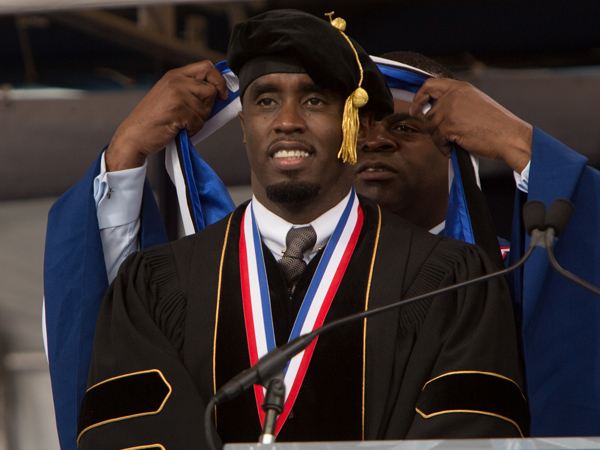[introImage id=151324 caption=”Credit: Angela Weiss/AFP/Getty Images)”]
Although the beginning of Kanye West’s 2016 Saint Pablo tour started off without a hitch, it was abruptly cut short with 21 scheduled tour dates remaining. Throughout his performances, Kanye would cut the music and speak directly to his audience about whatever was on his mind. Although not completely ignored, his earlier impromptu speeches were far less publicized than those he gave in what would become his final shows — which were often referred to as “rants” — particularly in San Jose and Sacramento.
An excerpt of Kanye West’s “rant” in San Jose, California on November 17, 2016:
“You know, they try to embarrass me and diminish me… They call me a rapper that’s ranting. I don’t have all of the answers, but I know that if I work with the best of class, with the idea of empathy for the human race… That idea of power struggle between who’s hot, who’s not, who’s republican, who’s democrat, who said this, who said that… but more of what is the principles that can collectively come together in this, we can start a miracle.”
[ad type=”dd1″]
His drawn-out speeches at the two final tour dates were delivered to the dismay of many of his fans who had come to see him perform. Sacramento ticket holders were even refunded, since Kanye showed up late to his set and only performed three songs before diving into the most explosive speech he made on his tour.
[ad type=”ad1″]
Much of the mainstream media wrote his outbursts off as a deterioration of mental health, as he was hospitalized hours after his last performance for what was reported as a “psychiatric emergency.” In many ways, the clamor around his cancelled tour dates and hospitalization drowned out much of the discussion around the content of his words.
While Kanye spoke on a breadth of issues during his Sacramento show, some of the most impactful moments of the speech involved him describing the parallel state of affairs between radio and hip-hop. He starts his passionate tirade by shouting, “Hey radio, f**k you!”
Radio, f**k you! I know it’s a lot of real n***as working at radio, real people, real programming directors with wives and kids that love music, that can’t play what they want to play because they’ve been paid to play that bulls**t over and over and over. And when I say that bulls**t, what I’m saying is we love Drake, Drake is great. He’s a great artist. But Frank Ocean is great, too.”
Here, Kanye is calling out radio as an industry, but also acknowledges that many of the individuals that comprise it are good people, both its artists and employees. What he is truly criticizing is the power structure that exists in radio, which when left to its own devices, exploits a platform for monetary gain and corporate power that could otherwise be used to share and celebrate worthy art and artists, like the Frank Oceans of the industry.
[introImage id=151325 caption=”Credit: Jamie McCarthy/Getty Images”]
He revisits the topic shortly afterwards to express this detail, but not before comparing himself to Donald Trump:
“Oh yeah, I’m on my Trump s**t tonight. Radio, f**k you. Yeah, I’m taking his lead. I’ma just say how I say, be ‘Ye, and win. I’ma take his lead. Radio, f**k you! Radio, f**k you! Wait a second. Aye, is it, ‘Radio, f**k you? That’s what you’re saying?’ Exactly. Not f**k the people that work at radio, because these is real people that gotta feed they kids and they’re not being allowed to play that real s**t because they think that in order to feed they kids they gotta play the same s**t over and over and over.”
Although one can only speculate on what was going on in Kanye’s mind at this moment, it seems as though he is making a connection between his own approach to his speech and Trump’s uncouth manner of speaking, which characterized much of his presidential campaign. Ye showed that he wasn’t scared of stepping on toes in order to express what he feels to be the truth, which is nearly the same quality that attracted so much of the US population to rally behind Trump, who they championed as a candidate that could operate outside (or above) the restrictive political status quo. Kanye continues to express ideas further by illustrating a connection between the radio industry and American politics.
[introImage id=151326 caption=”Credit: Angela Weiss/AFP/Getty Images”]
The Chicago native refers to DJ Khaled and Drake’s “For Free?” track as an example of one of the songs radio workers felt the need to play over and over, but makes it clear that his beef is with the politics of radio rather than the artists themselves.
“I love Drake. I love Khaled. But they set that song up, bro… Khaled, I know you got hitters from Miami. Please do not send them at my head. I just want to have a conversation about how we playing radio’s game. Khaled, you a real n***a. Khaled, you a real n***a. You got the keys. But as we learned, all the politics that n***as was doing for years. Obama couldn’t make America great because he couldn’t be him to be who he was. Black men have been slaves. Obama wasn’t allowed to do this [screams] and still win. He had to be perfect. But being perfect don’t always change s**t, bro. Being perfect don’t always change s**t, bro.”
This portion of Kanye’s speech compares Khaled and Obama, essentially arguing that both have had to conform to the power structure of their respective areas of work in order to have conventional success. Again, Kanye isn’t attacking the character of Obama or Khaled, but rather their conformity to the expectations set before them. He attributes this conformity to the lack of much-needed change in radio and government.
One of the last politically-charged statements Kanye made in his Sacramento speech talked about how feelings matter. “It’s a new world, Hillary Clinton, it’s a new world,” Kanye said. “Feelings matter. Because guess what? Everybody in middle America felt a way and they showed you how they felt.” As many Kanye fans likely shared a democratic political stance (Kanye says the same here at the 4-minute mark), Ye himself plays devil’s advocate in an attempt to show legitimacy in the feelings of Trump supporters that had been discredited and demonized for simply not sharing the same views. Kanye is not trying to give an endorsement of Trump as much as he is trying to challenge his audience to understand the other without being quick to judge. A more thorough understanding of his message can be gained through taking into account what he said at his San Jose show that predated his Sacramento performance.
[ad type=”ad2″]
“The dumbest thing about politics is this idea creating separation. People have s**t to offer, no one side or the other side is all bad. That’s the dumbest s**t… don’t believe that just because the media doesn’t like the headline of what somebody said, that there aren’t people out there, enough people out there that do believe in it to make someone the president of the quote-unquote ‘free world’. For every thing that you might not like, there’s another human being right next to you that might like that s**t. Bro, you might not like what you’re hearing right now, but I’m just gon’ ask you to ask more questions. The intent of this was not to be on either side, the intent was just to open up.”
Just as he was cautious not to make his criticism of the radio industry a personal attack on anyone involved, Kanye’s goal is seemingly not to bash or praise the candidates and voters of either political party. Instead, it feels like he is trying to expose the flaws in the culturally accepted modes of operation that perpetuate ideas that inhibit progress. This could potentially be at least some of what Kanye is trying to combat when he implores his audience to ask more questions, as the right questions have the potential to provide understanding, empathy, and focus on deeper issues beyond superficial conflict.
If one had not paid close attention to what Kanye West had to say during the final performances of his Saint Pablo tour, information provided by tabloids and news outlets could have been enough to lead many to believe that Kanye’s rants were nothing more than outbursts eccentricity and egoism. This could be considered to be a shining example of how asking more questions could reveal truth that otherwise would have been shrouded by popular opinion.

